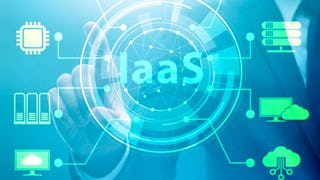Updated in May 2025.
This course now features Coursera Coach! A smarter way to learn with interactive, real-time conversations that help you test your knowledge, challenge assumptions, and deepen your understanding as you progress through the course. This course offers a comprehensive introduction to YAML, tailored specifically for DevOps, Cloud, and IaC engineers. It begins with a clear overview of YAML’s structure, syntax, and unique features. You’ll explore why YAML has become the preferred configuration language for automation and cloud environments and how it compares to other formats like JSON and XML. From basic scalars and collections to more complex concepts like anchors, tags, and mappings, this course provides the foundation needed for mastery. In addition to theory, this course delivers a series of practical, hands-on demos to solidify your YAML skills. You’ll work with Visual Studio Code’s YAML extension, explore YAML’s use with Python, and gain a thorough understanding of how to handle data types, quotes, spaces, and indentation. This hands-on approach ensures that learners will be equipped to handle real-world YAML challenges. Advanced concepts like multi-line strings, nested maps, and multiple documents within one file are also thoroughly explained through interactive demonstrations. The course concludes with real-world YAML examples, focusing on Kubernetes and Ansible configurations, two major players in DevOps and cloud automation. You’ll also gain experience writing YAML from scratch and formatting it using online tools. By the end of the course, you’ll have the skills necessary to confidently use YAML in various automation, cloud, and infrastructure projects. This course is ideal for DevOps professionals, Cloud Engineers, and Infrastructure as Code (IaC) practitioners. Prior knowledge of basic programming concepts and familiarity with DevOps or cloud environments is recommended but not required.















